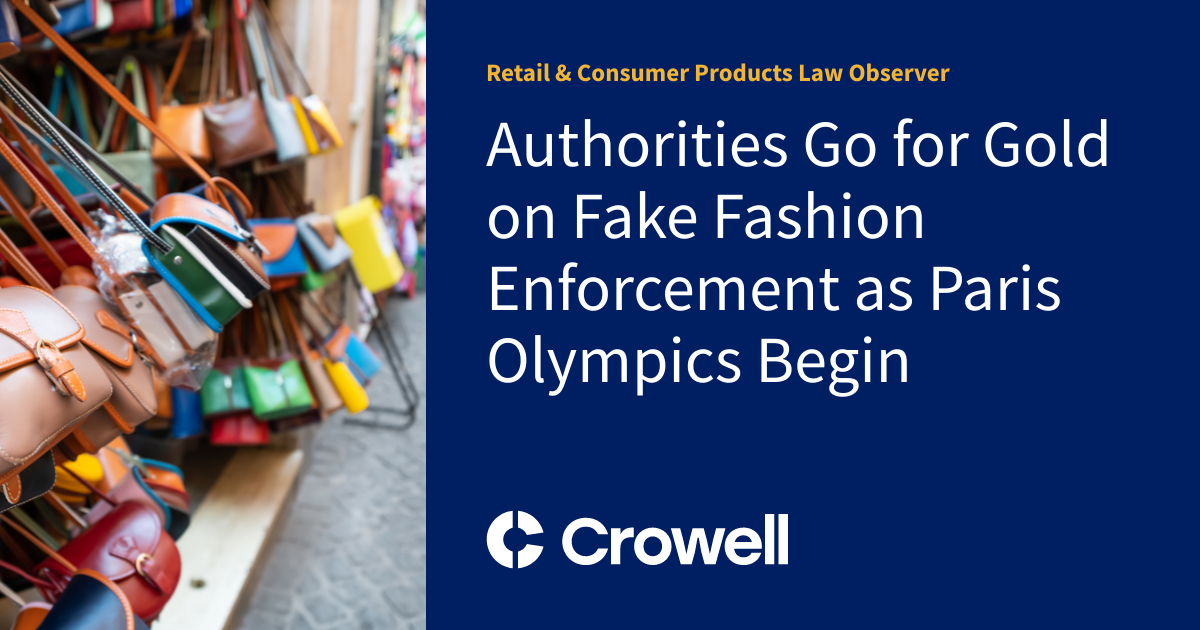Time: 2024-07-27
As the excitement for the upcoming 2024 Olympics in Paris continues to build , a concerning trend has emerged surrounding the surge in counterfeit goods . The International Olympic Committee ( IOC ) and other stakeholders are facing a growing challenge in combatting the rise of fake products , especially with the advancements in technology that have made it easier for counterfeiters to produce and distribute their goods . The availability of online marketplaces has further complicated the issue , allowing counterfeiters to sell their products with ease , making detection difficult.

The market for counterfeit goods has been on the rise in recent years , posing a significant threat to brands and economies . Kimiya Shams , from the French audio company Devialet , highlighted the challenges faced by officials in dealing with counterfeit goods , particularly during major events like the Olympics . The European Union Intellectual Property Office ( EUIPO ) estimates that counterfeit branded clothing has cost companies in France billions of dollars in lost sales , underlining the impact of this illicit trade on the economy.
The problem of counterfeit goods not only affects businesses financially but also has broader implications , including human rights violations . The rise of counterfeit culture has led to the exploitation of workers producing these fake goods in unethical conditions . Despite efforts to crackdown on counterfeiting , the market for fake products continues to grow , even after major events like the Olympics.
In preparation for the 2024 Paris Olympics , France has intensified its enforcement efforts against counterfeit fashion . The government has issued warnings to consumers about the legal consequences of purchasing fake goods , with penalties including hefty fines and imprisonment . Raids on vendors selling counterfeit items have also been conducted , with significant seizures made at popular markets like the Saint - Ouen flea market.
With the increasing prevalence of counterfeit goods , customs agencies in Europe and the United States have stepped up their efforts to combat the trade . Seizures of counterfeit products have risen significantly in recent years , with genuine fashion companies suffering substantial losses as a result . Brands are encouraged to work closely with customs agencies to protect their intellectual property rights and educate consumers about the risks associated with purchasing counterfeit products.
In response to the growing threat of counterfeiting , new technologies like artificial intelligence are being utilized to detect and intercept fake goods before they reach consumers . Online monitoring tools developed by companies like Corsearch and Red Points are helping brands identify and take down counterfeit listings on various marketplaces . Collaborative efforts between stakeholders , including manufacturers , enforcers , and resellers , are crucial in the fight against counterfeiting , ensuring a comprehensive approach to tackling this global issue.